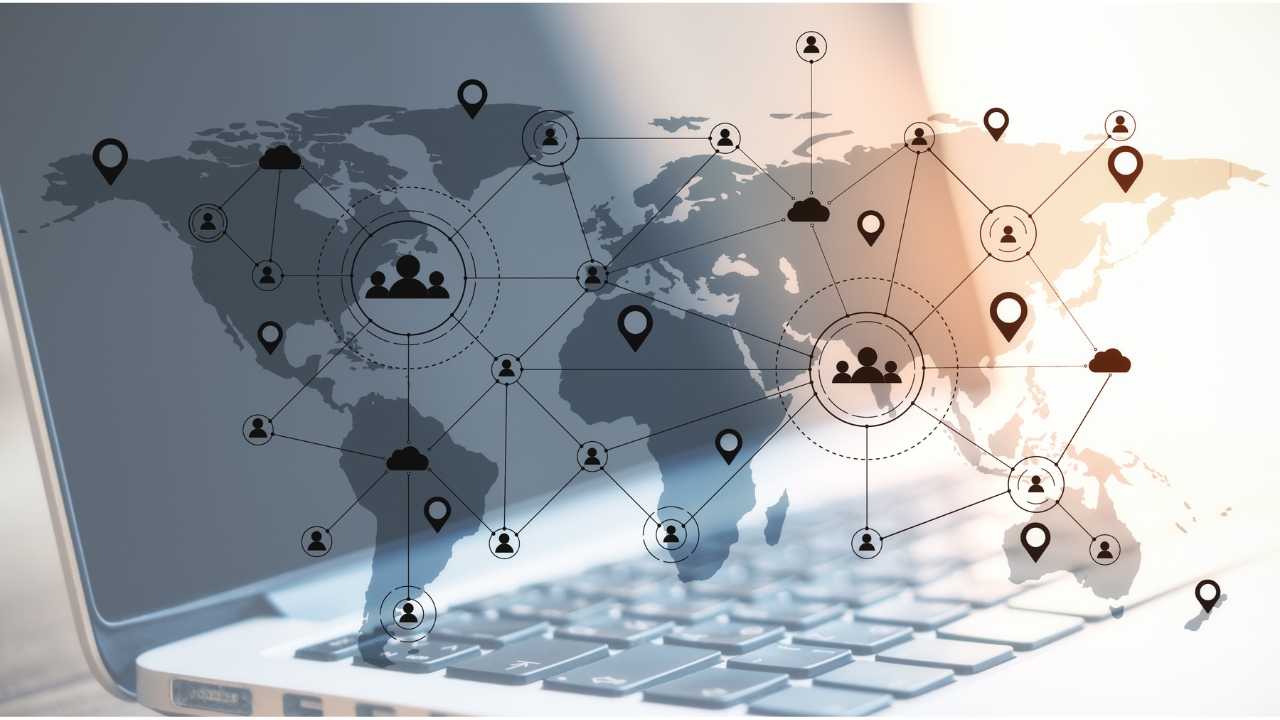Introduction
The rise of remote work has provided individuals with flexibility and convenience, but it has also introduced new cybersecurity challenges. Working outside the traditional office environment requires remote workers to take proactive measures to protect sensitive data and maintain a secure digital workspace. In this article, we will provide essential cyber security tips for remote workers, ensuring the protection of data in a mobile work environment.
Secure Wi-Fi Networks
When working remotely, it is crucial to connect to secure Wi-Fi networks. Avoid using public or unsecured Wi-Fi networks, as they can be easily compromised. Instead, use virtual private networks (VPNs) to encrypt your internet connection and ensure secure communication. VPNs create a secure tunnel between your device and the corporate network, protecting your data from interception
Strong Passwords and Multi-Factor Authentication (MFA):
Utilize strong, unique passwords for all your accounts and devices. Avoid using common or easily guessable passwords. Implementing multi-factor authentication adds an extra layer of security by requiring additional verification steps, such as a unique code sent to your mobile device. MFA significantly reduces the risk of unauthorized access to your accounts.
Regular Software Updates
Keep all your software, including operating systems, applications, and security tools, up to date. Software updates often contain security patches that address known vulnerabilities. Enable automatic updates wherever possible or establish a routine to check for updates regularly. Outdated software can be exploited by cybercriminals to gain unauthorized access to your system
Data Encryption
Encrypting sensitive data adds an extra layer of protection, even if it falls into the wrong hands. Utilize file-level encryption or encrypt entire storage devices to secure your data. This ensures that if your device is lost or stolen, the data remains inaccessible to unauthorized individuals
Use Secure File Sharing and Collaboration Tools
When sharing files or collaborating with colleagues remotely, use secure file-sharing and collaboration tools. These platforms often provide advanced security features such as end-to-end encryption, access controls, and audit trails. Avoid using personal email accounts or unsecured cloud storage services for work-related data
Be Wary of Phishing Attacks
Phishing attacks are a common tactic used by cybercriminals to trick individuals into revealing sensitive information or downloading malware. Be cautious of suspicious emails, especially those requesting personal or financial information. Avoid clicking on unknown links or downloading attachments from unverified sources. Verify the legitimacy of emails by directly contacting the sender through a known and trusted method
Secure Device Usage
Ensure that your devices are protected with strong passwords or biometric authentication. Lock your device when not in use and enable screen timeouts to automatically lock the device after a period of inactivity. Avoid leaving your devices unattended in public places, as physical theft can lead to unauthorized access to your data
Regular Data Backups
Regularly back up your work-related data to a secure location, either in the cloud or an external storage device. In the event of a data loss incident, such as device theft or hardware failure, backups allow you to restore your data and minimize disruptions to your work
Cyber Security Awareness Training
Stay informed about the latest cyber security threats and best practices by participating in cyber security awareness training programs. These programs provide valuable insights into identifying and mitigating cyber risks, ensuring that you remain vigilant and informed about potential threats
Conclusion
As remote work continues to be a prevalent trend, it is essential for remote workers to prioritize cyber security to protect sensitive data. By implementing these tips, such as securing Wi-Fi networks, using strong passwords and MFA, regular software updates, data encryption, secure file sharing, and remaining cautious of phishing attacks, remote workers can create a secure work environment while working remotely. Stay proactive, stay informed, and prioritize cyber security to safeguard your data and maintain a productive and secure mobile work environment.
